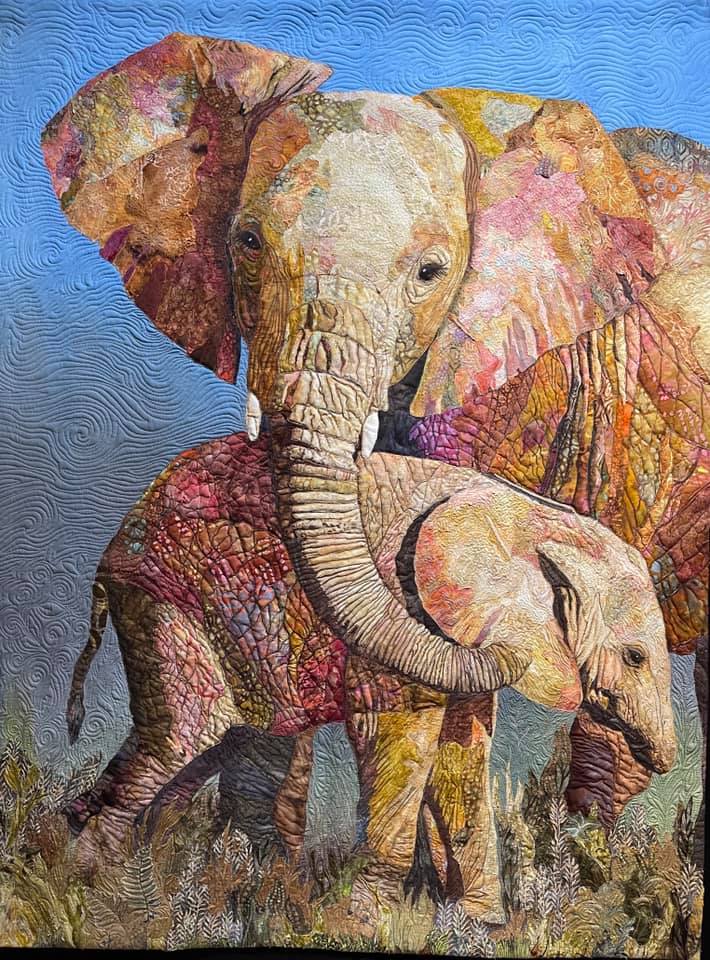
Reading about elephants in preparation for being surrounded by elephants
As I reviewed the more than eighty books I’ve read this year, the fullness of the literary talents displayed by so many authors caught my attention. My reading is eclectic, heavily influenced this year by my trip to South Africa and the desire to learn more about that country (including re-reading Nelson Mandela’s opus “Long Walk to Freedom”); wonderful works by emerging non-American authors; several books each by long-time favorite authors (e.g., Cormac McCarthy, Maggie O’Farrell, Barbara Kingsolver, Haruki Murakami, Geraldine Brooks); memoirs; new to-me authors with deep and important works (e.g., James McBride); and books that grabbed my heart with their stories of life, love, and loss (e.g., “In Memoriam,” “Red on the Bone,” “The Hand that First Held Mine”).
There are always books that resonate with me that others may find less than satisfying or books that are best sellers but disappoint me (e.g., “Lessons”, Ian McEwan, a favorite British author of mine). There are books that are difficult and challenging but also rewarding (e.g., Cormac McCarthy’s “The Passenger” and “Stella Maris”). The red herring that becomes such a lovely read (e.g., “The Memory of an Elephant”). The categories are endless, my reading barely a tip of the ice berg of books to savor and enjoy and read once again. The richness of the written word cannot be underestimated in influencing—and capturing—how I think and feel and believe.
Here’s the annotated list of the books I read in 2023. I hope you find some that you like as well.
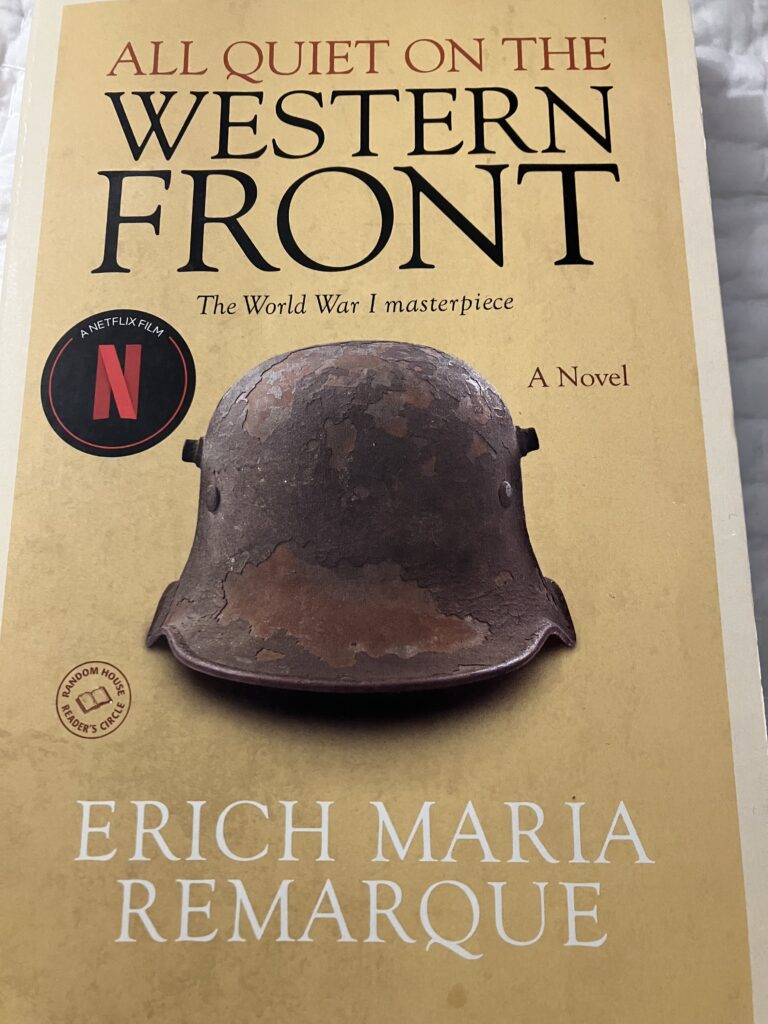
NON-FICTION:
Memoir:
Lost and Found, a Memoir, Kathryn Schulz (Pulitzer Prize winner, Kathryn Schultz, writes of “lost” in all its permutations, a lost sock, a long-lost friend, losing one’s parent to cancer, and “found”, the lost sock, renewed friendship, discovery and recovery, love of her wife. Good for a Girl: A Woman Running in a Man’s World, Lauren Fleshman (Fleshman, an elite runner, coach, writer, and entrepreneur, explores the world of women in sports in her memoir. Pressured by sponsors, the media, coaches, and the runners themselves, the memoir, while personal to Fleshman, is a condemnation of how women were/are treated in sport and a call to action to protect women in sports, to allow them to continue to both enjoy and excel, to remain healthy, and to understand their bodies as they mature.) The Beauty in Breaking, a Memoir, Michelle Harper (A Black emergency room physician and health care administrator, this memoir is written in chapters each dealing with a patient from whom Harper learns valuable lessons about love, healing, meditation, forgiveness, systemic racism. She slowly heals herself through her work, her personal decisions, her self-care.)
Enchantment, Awakening Wonder in an Anxious Age, Katherine May (A meditation and reflection of being, of finding balance, of reawakening curiosity, wonder and awe in the most basic of things, being and doing. A quiet book filled with moments of discovery of self, what we may need to reconnect with our lives.) You Could Make this Place Beautiful, Maggie Smith (Poet Maggie Smith creates an extraordinary narrative of her attempt to understand the breakdown of her marriage, her “tell-mine,” who she is, who she was, what causes her joy and pain. Lyrical, poetry, prose, one liners, quotes, introspection, her writing style mirrors the places she is in her life.) Solito, Javier Zamora (“Solito” meaning “alone” in Spanish, is Zamora’s memoir about “crossing” from El Salvador to the USA. The day-by-day account in the nine year old’s voice is fascinating, heart-breaking, desperate, longing; the colors of the desert, the night sky, the smells of the crossing, the people, the food, evoke an immediacy to his reflections. The harshness of what the immigrants endure to seek a better life should make us figure out a humane immigration policy.) A Man of Two Faces, a Memoir, a History, a Memorial, Viet Thanh Nguyen (Winner of the Pulitzer Prize for “The Sympathizer,” this memoir/history/memorial focuses on his parents, “Ba Ma,” who were refugees to America, along with Viet and his older brother, in 1975 after the fall of South Vietnam. He uses his writing to explore/tell his family’s story and in some respects, the story of all refugees to America and America’s history of colonization, racism, white male privilege, slavery, conquest, violence—also a country of “brutality and beauty, of horror and hope.” Distinctive writing style, free-form, with references to other non-white writers telling their stories as refugees and/or immigrants and/or Americans.) Piano Lessons, Music, Love & True Adventures, Noah Adams (Host of NPR’s “All Things Considered,” Adams, at age 52, decides to learn to play the piano. An easy read, his story is about reaching outside one’s comfort zone, especially as an adult, and challenging one’s self to be a beginner, to make music, but ultimately, to “play a phase and suddenly there’s beauty.”) Necessary Trouble: Growing up at Midcentury, Drew Gilpin Faust (Faust (raised in Virginia in the 1950s-1960s), her coming-of-age and involvement with the Cold War, the civil rights movement, the anti-war movement, school desegregation, non-violent protests, etc.)
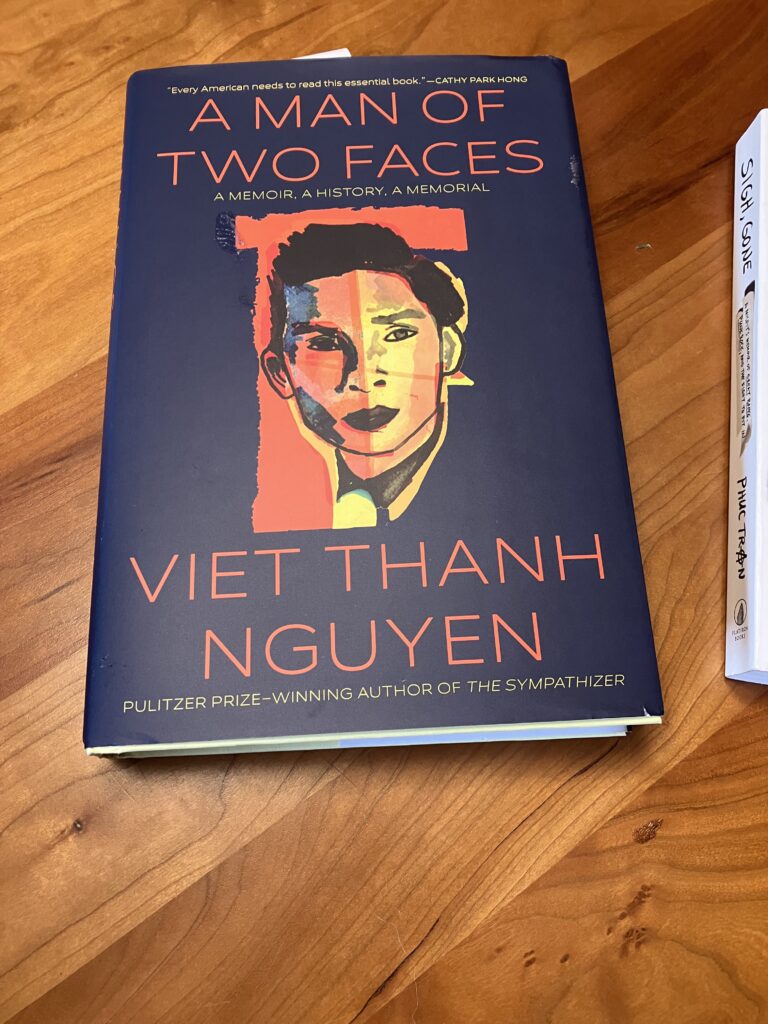
History:
How to Hide an Empire, a History of the Greater United States, Daniel Immerwahr (A “revised” history of the “Greater United States,” including all its territories, how they came into being, why and how some became independent (Philippines), some were sold, two became states (Alaska and Hawaii), others remain as territories. What does it mean to be a US citizen or US National of a territory? What rights does one have? Much untold history of the United States—or things we learned piecemeal—without true understanding of the land acquisitions, occupations, racial bias beneath many of the decisions made whether or not to convert territories to states.) The Alps: A Human History from Hannibal to Heidi and Beyond, Stephen O’Shay (Travel writer and novelist, O’Shay takes an extended journey through the major passes of the Alps, providing a cultural, geological, historical, and personal narrative of these wild, “lasagna” mountains). The Portuguese, a Modern History, Barry Harton (An American journalist living in Portugal, Harton gathers together a history of Portugal, the country, its culture and people. He tries to understand the Portuguese innovation, e.g., the Age of Discovery when its maritime fleet was probably the best and most aggressive in the world, with its people’s more fatalistic, saudade, and lackluster approach to work and life.)
The Wager: A Tale of Shipwreck, Mutiny and Murder, David Grann (Author of “Killers of the Flower Moon.” Shipwreck and mutiny on the high seas during the British-Spanish war in 1700s to conquer and control huge swaths of the world. Culled from journals, news articles, interviews, fascinating account of shipwreck, mutiny, starvation, loyalty to the British navy, hardship, and survival.) Master Slave Husband Wife, an Epic Journey from Slavery to Freedom, Ilyon Woo (True story of enslaved husband and wife who escape the South in 1848 into free North (self-emancipated) and finally, due to the Fugitive Slave Law, moved to England. Their escape amplifies the anti-slavery movement both within the US and Europe, as they redefine popular conceptions about roles of husband and wife, blacks and whites, together but separate, their abiding love allowing them to make a life, not a happily ever after, but one that gives them education, knowledge, a part in the broadening understanding of enslaved people.
South Africa:
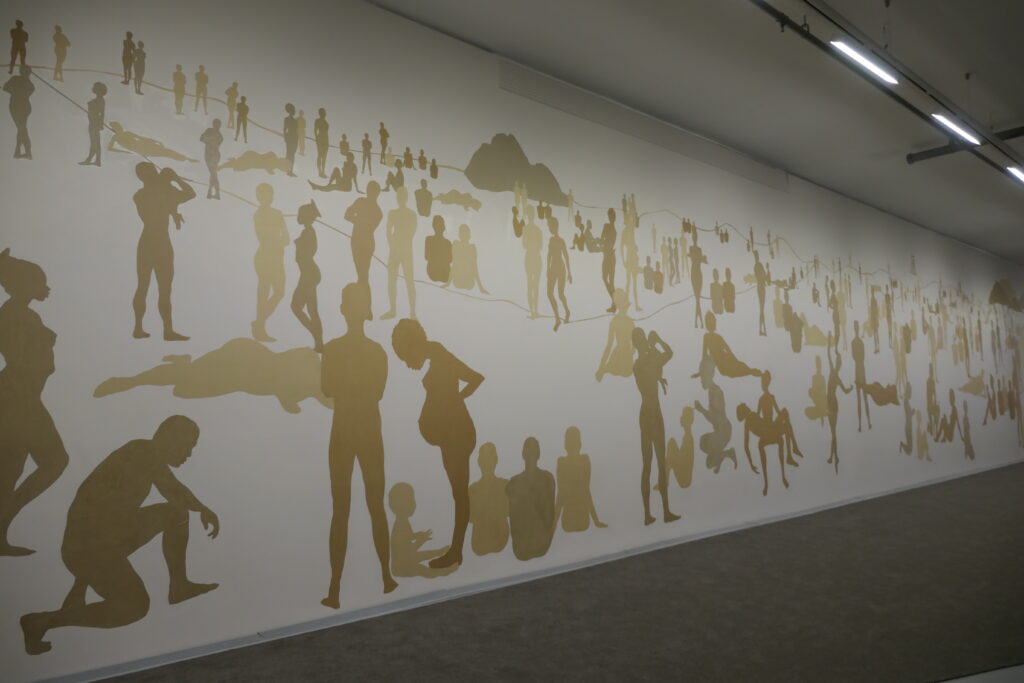
Long Walk to Freedom, Nelson Mandela (Autobiography of Nelson Mandela, his life as a freedom fighter, from his rural childhood to joining the ANC, to years living underground, then 27 years in prison for his political beliefs and actions. Incredibly detailed but important to understand the culmination of his many years as freedom fighter to first president of a democratic, non-racial South Africa. Clear, focused, the choices he made—especially that to fight freedom for the country meant putting his family second—the book celebrates the goodness in humans while recognizing the evil and disaster of apartheid.) The Plot to Save South Africa: The Week Mandela Averted Civil War and Forged a New Nation, Justice Malala (The assassination of Chris Hani, one of the key Black figures in the fight against apartheid in South Africa, as peace negotiations had recently restarted, threatened the entire process. An almost-hourly recount of the eight days between his assassination and the peace agreement, where Mandela lead the country out of chaos and near-civil and tribal wars, is critical to an understanding of the individual and group efforts to turn the country into a democracy.) Born a Crime, Stories from a South African Childhood, Trevor Noah (Born in South Africa when it was illegal for blacks and whites to have children, with punishment up to five years in prison (the Immorality Act). Humorous but with a seriousness underlying the constrictions of his childhood, Noah provides us an inside look of growing up in South Africa during apartheid.) Scatterlings, Rešoketšwe Manenzha (Set in South Africa in 1927, this powerful novel chronicles the unravelling of a biracial family in the wake of the Immorality Act, which outlawed sexual relations between white and Black people. A winemaker of Dutch and English heritage; his wife, who was born to formerly enslaved parents in Jamaica; and their two daughters are “tumbled into chaos” by the new law.) The Memory of an Elephant, Alex Lasker (A novel, the story of an ancient bull elephant trying to make his way back to the place of his birth, to the humans who helped raise him, to the other elephants who became his family, before he dies. The setting encompasses the cruelty of the ivory trade, the slaughter of entire herds of elephants by the “two-leggers,” the hunting of them by “false birds” (helicopters, later drones), but also of the care and humanity of many blacks and whites alike in providing shelter for orphaned elephants and other wild animals, in eastern Africa from 1960s-2015.)
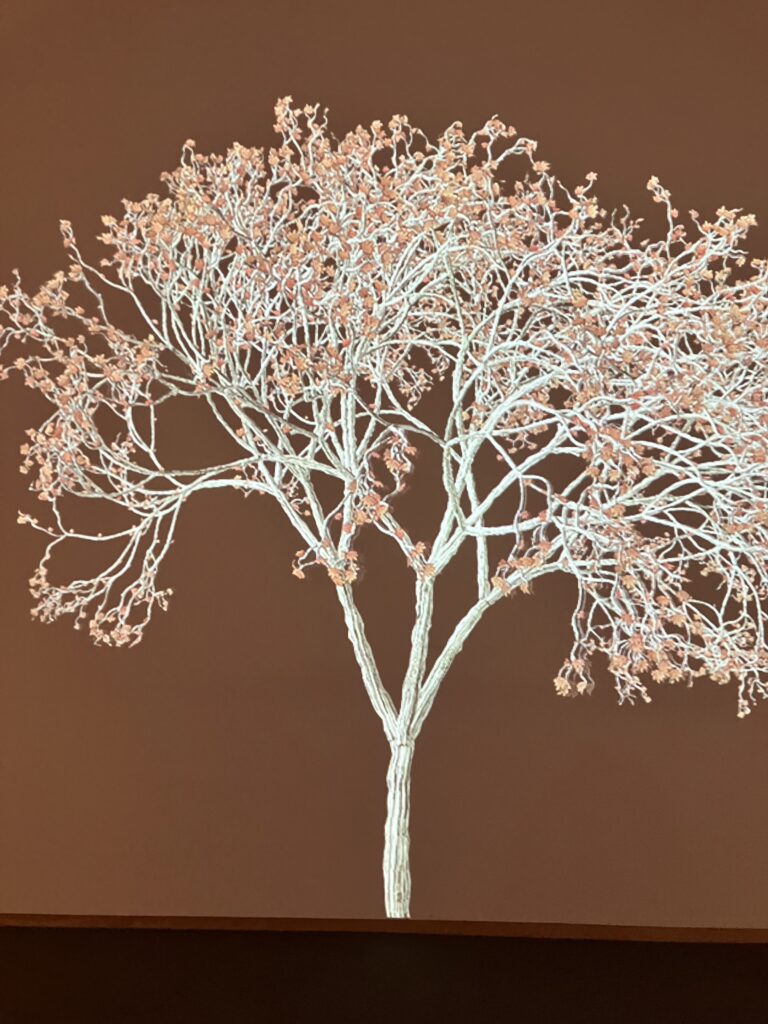
Science:
Outlive, the Science & Art of Longevity, Peter Attia, MD (Life span+health span= ideal longevity. How do we pro-actively improve our health, prevent disease, minimize the impact of “bad” genetics, in order to lengthen the years in which we live while maintaining our quality of life during those final years? Attia uses his education and experience as oncology surgeon, business consultant, and physician, along with his extreme curiosity about the human body, to explore longevity. He focuses on the Four Horsemen (cardiovascular, cancer, neurodegenerative, and metabolic, e.g., diabetes, obesity), the leading causes of death in western civilization.) Songs, Wild and Broken, David George Haskell (Starting with the origins of animal song and traversing the whole arc of Earth history, Haskell illuminates and celebrates the emergence of the varied sounds of our world. Haskell takes us to threatened forests, noise-filled oceans, and loud city streets, and shows that sonic crises are not mere losses of sensory ornament. Sound is a generative force, and so the erasure of sonic diversity makes the world less creative, just, and beautiful.)
HISTORICAL FICTION:
People of the Book, Geraldine Brooks (A fictional account of the story of the Hebrew codex known as the Sarajevo Haggadah. The research of painting, religious strife, the Spanish Inquisition, World War II, Jewish and Muslim ideals, and the mystery of the creation of the real Haggadah, is painstakingly melded together to create a fascinating account of what might have been.) The Secret Chord, Geraldine Brooks (Brooks retells the well-known story of King David, from illegitimate son, to giant-slayer, to military leader, to King of the Jews, during the Iron Age Middle East.) March, Geraldine Brooks (Set during the Civil War, this finely researched novel fills in imagined gaps in the Little Women story, when the father goes to war as chaplain for the Union forces. Based on Luisa May Alcott’s family, especially her philanthropist, abolitionist, vegetarian father, Bronson Alcott, Mr. March leaves his wife and four daughters to support the Civil War efforts as a not-so-successful chaplain, abolitionist, and eventually helper with contraband activities, including (failed) plantations set up for freed Blacks to farm and learn.)
West With Giraffes: A Novel, Lynda Rutledge (Based on the true story of giraffes hauled across the US in 1938 after the ship in which they were being brought capsized in NY Harbor during hurricane, the narrator is the fictional orphan who drove the rig across country, writing as a now 103 year-old-man looking back on his life.) Small Things like These, Claire Keegan (Short-listed for 2022 Booker Prize, the book is based on the “Magdalen laundries,” sweat workshops “sponsored” by the Catholic Church in Ireland (the last one closed in 1996, with some acknowledgement but no apology from the Church). Beautifully written, heart-breaking, what do we choose to see and do?) A Short Time to Stay Here, Terry Roberts (WWI, 1917 Mountain Park Hotel in Hot Springs, NC, is converted to space for over 2,000 German internees, primarily German sailors who were in US at start of the war. Good explanation of how the Germans were handled, interactions between mountain and town folks and the Germans.)
The Second Mrs. Astor: A Heartbreaking Historical Novel of the Titanic, Shana Abe (Fictional account of the meeting, courtship, and brief marriage of Madeleine and John Jacob Astor, who died on the sinking of the Titanic.) All the Broken Places, John Boyne (Author of “The Boy in the Striped Pajamas,” about German concentration camp in WWII. At first read, another fictional account of the horrible acts during WWII and the Holocaust, but Boyne goes beyond the obvious, to delve into the conscience of those who lived, who survived, who tried to change what they knew, who feared the consequences of others learning about them. Thoughtful and thought-provoking, raising the unthinkable questions of what we might have done in the same situation but also the choices we all make throughout our lives.)
Good night, Irene, Luis Alberto Urrea (Women who volunteered with the Red Cross as “doughnut/coffee” women on Clubmobiles placed in Britain and Europe during World War II. While the women served coffee and doughnuts, their primary role was to bring a bit of “home” to the military boys in battle by words of encouragement, tidbits of news, smiles, etc., sometimes the last woman they’d see before killed in battle.) Lady Tan’s Circle of Women, Lisa See (The story of a 15th century Chinese woman who became a doctor for women and a book about her cases throughout the years, a primer (with some of her distillations and concoctions still used today) for treating primarily women’s medical issues (“below the girdle,” pregnancies, menstruation, abortion, etc.). The book is alive with life lived within the women’s quarters, the wives, the concubines, the young girls whose feet are bound, the marriage contracts for girls at the age of eight, the embroidery, the pettiness, the spats, and ultimately the shared stories and love among the women during their lives.) This Other Eden, Paul Harding (Booker Prize short list 2023. The seeds of this book are planted in the true story of Malaga Island, an isolated island off the coast of Maine that was one of the first racially integrated towns in the northeastern United States. Populated by Native Americans, freed slaves and European Americans, the inhabitants led a sheltered — some would say naïve — life, unaware of the uniqueness of their situation. Their community was shattered in 1911, when Maine government officials inspected the island and found the mixed races offensive. All 47 residents of Malaga were evicted, and some were rehoused in institutions for the “feeble-minded.” Harding creates “Apple Island,” a tiny, rock island off the coast of Massachusetts, settled in late 1700s by a black family and follows their families over the years, until they, too, are evicted and placed in insane asylums or homes for the feeble-minded.)
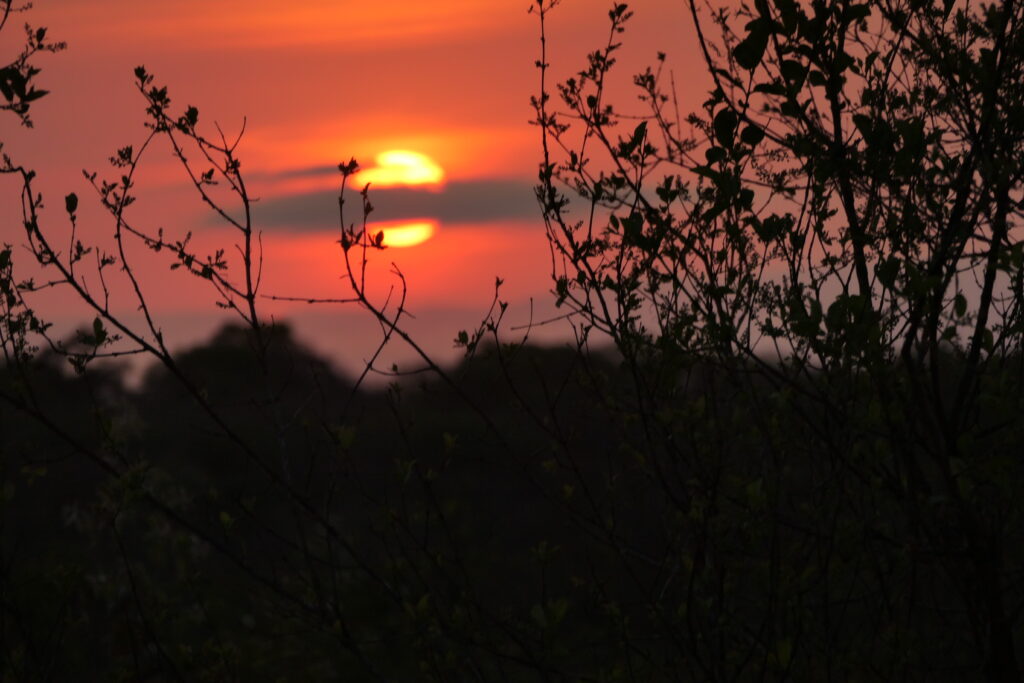
The Fraud: A Novel, Zadie Smith (Based on the longest trial in British history, The Fraud is written in eight sections, considered a “dazzling novel about truth and fiction, Jamaica and Britain, fraudulence and authenticity and the mystery of other people.”) The Secret Life of Sunflowers, Marta Molnar (Johanna Van Gogh-Bonger, wife of Theo Van Gogh, inherits Vincent Van Gogh’s paintings after Vincent and Theo’s deaths. She is almost penniless but committed to honoring Theo’s belief in his brother’s paintings. She becomes one of the first, if not the first, female art agent, tirelessly working to generate interest in Van Gogh’s paintings.) All Quiet on the Western Front, Erich Maria Remarque (The definitive war novel, the experiences of a group of young German recruits of trench warfare (gas, bombardments, the noise, the mud, the ragged dead, the constant, unrelenting anguish) against the French and British during World War I. The protagonist, Paul Baumann, breaks your heart as he describes the daily lives of he and his bodies, foreseeing a world where only war will be the existential core of their beings. Heart-breaking, gripping, intense, barely hopeful, Remarque was a master story teller. How could anyone continue to believe that war is the answer to any conflict after reading this book, written in 1928?)
FICTION:
Demon Copperhead, Barbara Kingsolver [Winner of the 2023 Pulitzer Prize.2nd reading] Inspired by Charles Dickens and “David Copperfield,” (“First, I got myself born.”), Kingsolver writes of foster children living in the Appalachia area of southern Virginia. Demon’s story (and that of his friends) is all too real in America, with only some hope for those lucky enough to find within themselves and those few mentors or others who take a personal interest in getting them to adulthood.) The Bean Trees, a Novel, Barbara Kingsolver (Taylor and Turtle (a Native American child foisted upon her), Mattie (who runs a tire shop with sanctuary for illegal immigrants), and Lou Ann (baby Dwayne) make a family from their disparate lives, scrambling, believing, supporting one another. The “bean tree” is wisteria plant, that without rhizoids in a symbiotic relationship, cannot bloom—analogy to the women who make their families together. Lovely, small story with universal application.) David Copperfield, Charles Dickens (‘‘Whether I shall turn out to be the hero of my own life, or whether that station will be held by anybody else, these pages must show.” Eighteenth century London, David chronicles his adventures from childhood until middle-age. A tale of society, the underbelly of England, a young boy’s striving to be good against all odds. David is kind, inventive, easy to fall in love and to be betrayed, loyal to a fault.)
The Passenger and Stella Maris, Cormac McCarthy (As The Guardian’s review notes: “It’s rich and it’s strange, mercurial and melancholic.” The Nation: “Billed at once as the culminating pinnacle of McCarthy’s career and an unexpected departure from his earlier work, The Passenger and Stella Maris are sibling novels about incest, mourning, mathematics, salvage diving, schizophrenia, New Orleans, theoretical physics, Knoxville, the invention of nuclear weapons, car racing, suicide, vaudeville theater, the weight of history, the sins of the father, psychiatry, the crisis of the European sciences, and the moral decline of the West. At once intricate and beautiful, challenging and moving, the new novels are driven by the unmistakable linguistic combustion that powered the books that cemented McCarthy’s reputation in earlier years. But they also mark a radical expansion in his philosophical scope.” )
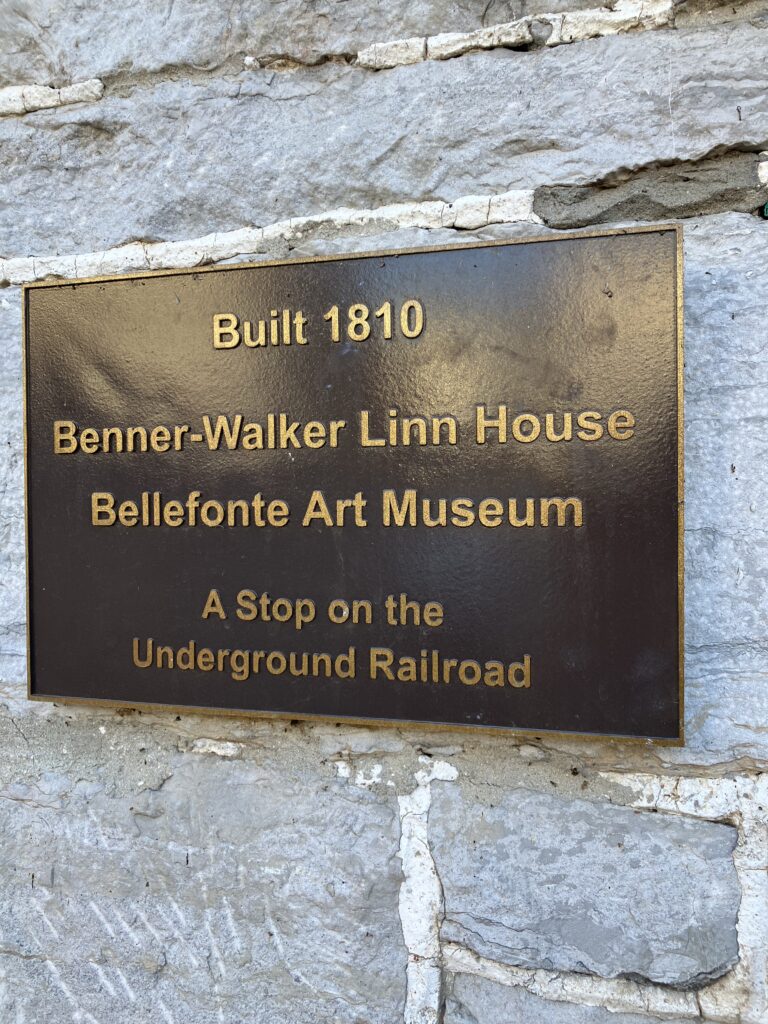
The Maid, Nita Prose (Molly the maid is differently abled, “neurodivergent”, takes everything literally, doesn’t understand irony, focused on rules and regulations. Murder, drugs, theft: Molly is accused and from there, the story unfolds, We all have different truths; the maid decided what was the truth through her lens, which was not necessarily the actual truth.) Tomorrow and Tomorrow and Tomorrow, Gabriel Zevin (“Literary gamers,” Sam and Sadie with producer Marx, create video games in the 1990s; with brilliance, relentless drive, and keen collaboration. Different themes: work, love, identify, friendship, privilege, violence, female in male-dominated world. Ultimately this book is about work and love; using the artifice of video games, the author shows the beauty, drama, and pain of human creation.) Machine, a Novel, Susan Steinberg (A story of memory and one in particular: a local girl’s drowning at the summer lake. A novel of privilege, class, coming-of-age, family torn apart, “us versus them, the unintended consequences of misunderstood actions.) One Second After, William Forstchen (Book One of a series of post-apocalyptic novels, where the US is subject to nuclear attack, the primary impact of which is electromagnetic pulse (EMP), where all electrical and electronic devices are destroyed immediately. Forstchen captures well the panic, the destruction, the need to protect family above all others, the utter helplessness when civilization falls quickly apart.) Florence Adler Swims Forever, Rachel Beanland (Not quite an historical fiction, this first novel is based on family events, where lies upon lies become complicated, the secrets confusing, the inability to grieve openly, trying to live a normal life at a time that is anything but normal.)
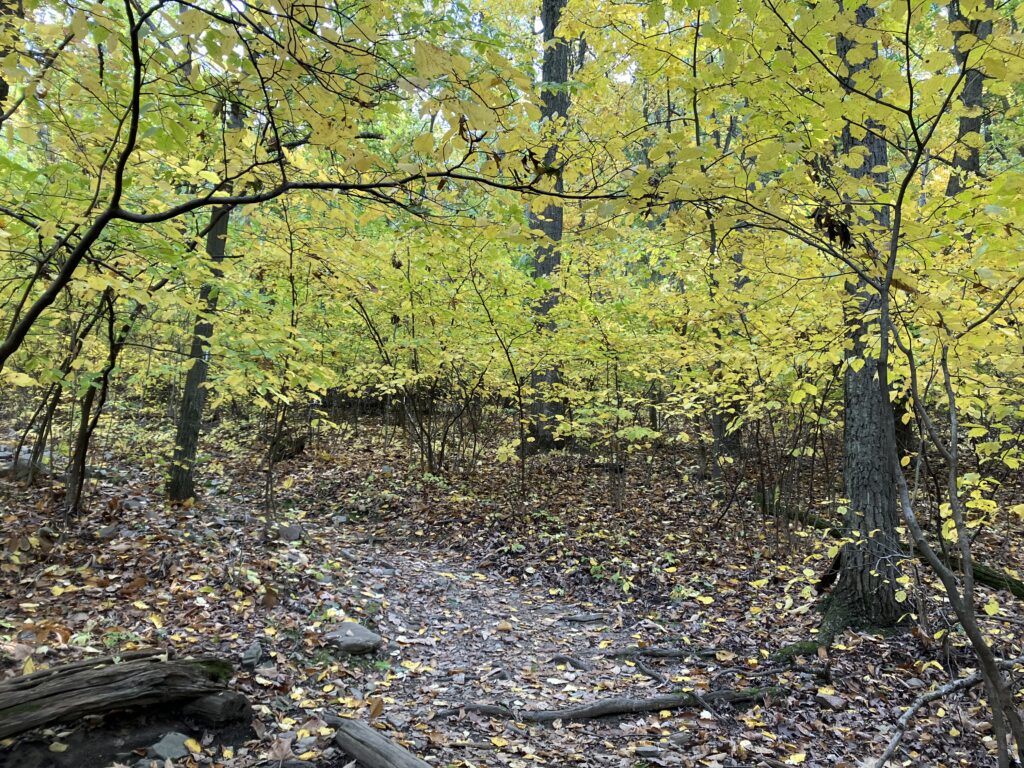
Norwegian Wood, Haruki Murakami (A coming-of-age story in the 1960s in Japan, three friends (one of whom dies by suicide), become two (Toru and Naoko) whose relationship is based on walking the streets of Tokyo at night, with the suicide of their friend binding them in unspoken ways. Along the way Toru meets Madori, vibrant, with her own trauma, with decisions on what loyalty and friendship and love mean. Ultimately, Murakami’s message is to live life with what’s at hand without always looking to the future.) Colorless Tsukuru Tazaki and His Years of Pilgrimage, Haruki Murakami (Tsukuru Tazaki, a young man from Nagoya, who’d been part of a group of five friends, lives home to go to college in Tokyo. During his sophomore year, his friends abruptly cut him off for no stated reason. Challenged to confront the past to mend his present, Tsukuru visits each of his old group of friends, sixteen years after their estrangement. Heart-felt, a pilgrimage and coming-of-age story, Murakami brilliantly catches the tenor of a quiet, lonely, man grieving an essential part of his life. Love, friendship, loneliness, and the raise of self-awareness.)
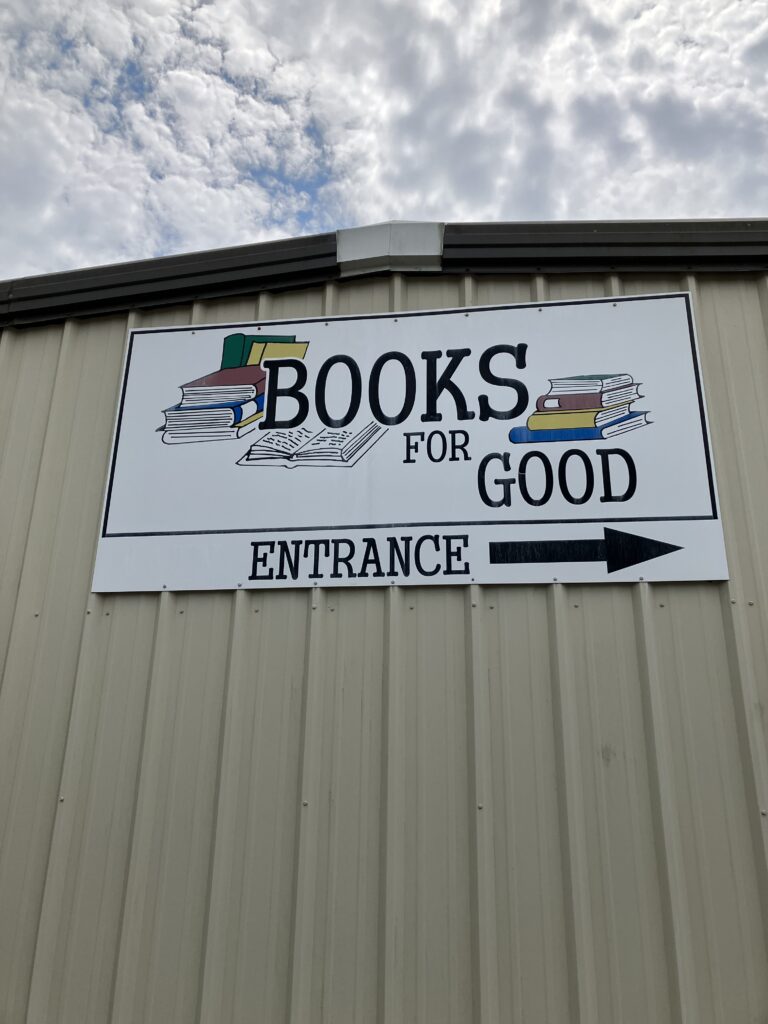
The Hand that First Held Mine, Maggie O’Farrell (“Listen. The trees in this story are stirring, trembling, readjusting themselves. A breeze is coming in gusts off the sea, and it is almost as if the trees know, in their restlessness, in their head-tossing impatience, that something is about to happen.” This story toggles between Innes and Lexis, in Soho, London, 1950s, journalists, writers, madly in love, when Innes unexpectedly dies; and Elina and Ted, London in the early 2000s, where Elina, a painter, is overwhelmed after having a baby. O’Farrell captures with exquisite perfection “mother-love,” the first most primal love, whether between Lexie and her baby, Theo, or Elina and her baby, Jonah.) Kaddish.com, Nathan Englander (A novel about faith, Judaism, and technology, a young man’s (Larry) ultimate shame because he refuses to engage in a Jewish ritual (the kaddish—prayers said 12/day for a year for the dead) for his beloved father. An odd book, to me, but one perhaps those with strong beliefs about religion, obligations to those who die, might better relate. Humorous parts, compassion, quests.) We All Want Impossible Things, Catherine Newman (The Guardian: “If there’s a metaphor for our friendship, it might be this. The blind faith. The absolute dependability. The love like a compass, its north always true.” Edi is dying of terminal cancer. Her best friend, Ash, visits the hospice daily, bringing love, care and a wealth of nostalgia—even the deepest of losses can be accompanied by a joyous affirmation of life.) The Biography of X, Catherine Lacey (Described as a “simulacrum of a biography,” this novel reimagines the history of the United States (the secession of the South in 1945, becoming a theocracy, surrounded by a world, impossible to escape) and the creation of the Western and Northern Territories, with liberal politics and socio-economic freedoms (yet not the utopia one would expect). Esquire: “A masterpiece about the slippery nature of truth, identity and art.”)
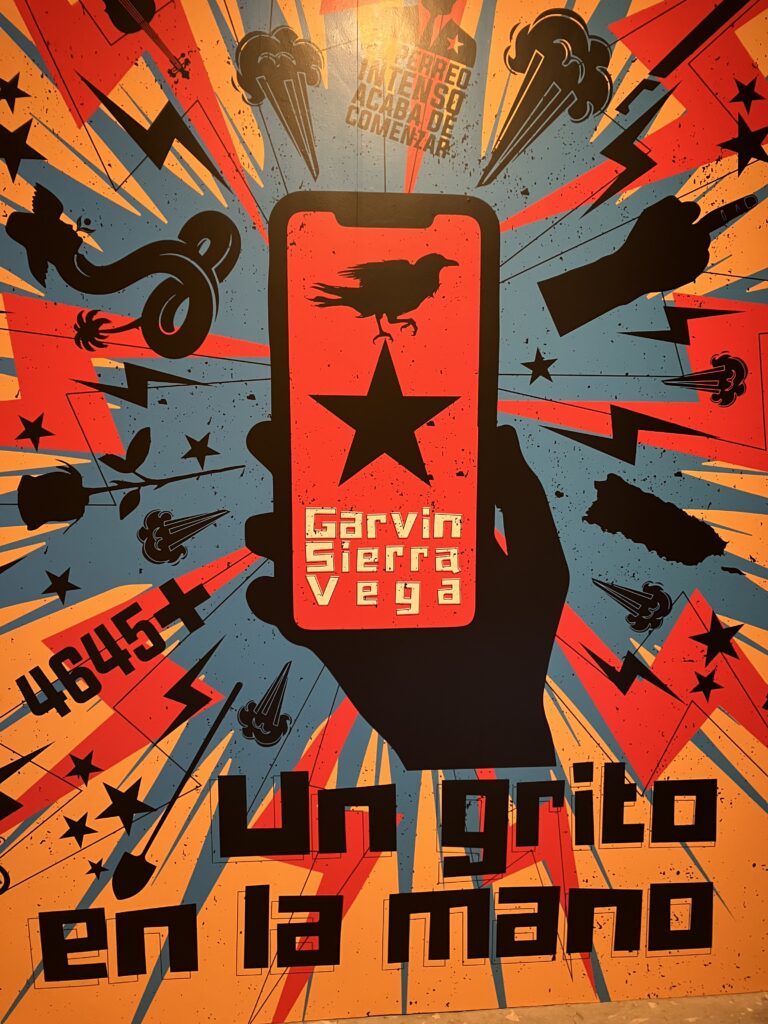
Hello, Beautiful, Ann Napolitano (A story of four sisters (Julia, Sylvie, and the twins, Emeline and Cecilia), slightly based on Little Women, how they cleave together, develop different strengths and personalities, remember their childhoods differently, e.g., their father, Charlie, and their mother, Rose, weave in and out as a family, break apart, come together again. A love story in its depth of caring, warmth, support, forgiveness, expansiveness. Strong unbroken bonds even with betrayal, cutting off of relationships, misunderstandings, changing allegiances. Characters well-written with undertones of Jo, Meg, Amy and Beth from Little Women.) Red at the Bone, Jacqueline Woodson (“She felt red at the bone—like there was something inside of her undone and bleeding.” Two black families from different socio-economic status come together when fifteen-year-old Iris becomes pregnant by Aubrey. How do we separate physical from emotional love? Woodson creates characters with depth and conflict, ones who raise to the occasion, others who merely survive.) Signal Fires, Dani Shapiro (Novel about the interconnectedness of humans, stars, and the universe amidst tragedy and secrets that take an unbearable toil. Generations impacted from a careless act of two teenagers, yet at the same time, neighbors come together in unimaginable ways. Shapiro captures the ways we love and try to protect our families, sometimes harming them even as we try to do well. Another theme, the past/present/future can be one and the same, interconnected, is well done.)
The Love Songs of W.E.B. Du Bois, Honoree Fanonne Jeffers (A debut novel, Jeffers imbues the story of Ailey Garfield, a black woman at the end of the twentieth century, as the continuation of her family’s history with its African-American, Creek Indian, white, and mixed ancestors. W.E.B. Dubois’s “songs” or parts of poems lead each major chapter in the book, setting the stage for the history of being black in America, even for educated, middle-class families. Beautifully written, heartbreaking, a master piece.) Women Talking, Miriam Towes (Based on the true events of a group of Mennonite women who were doped by men in their village with belladonna, then repeatedly raped (they thought the devil was ravaging them). The women gather to decide whether to do nothing, to stay and fight, or to leave. They have never been independent, cannot read, are conservative religiously, and are obedient to their husbands, uncles, sons, and fathers. Told with humor, sadness, and despair, Towes gently tells of the awakening of the women to their power to be true to themselves while also serving God.)
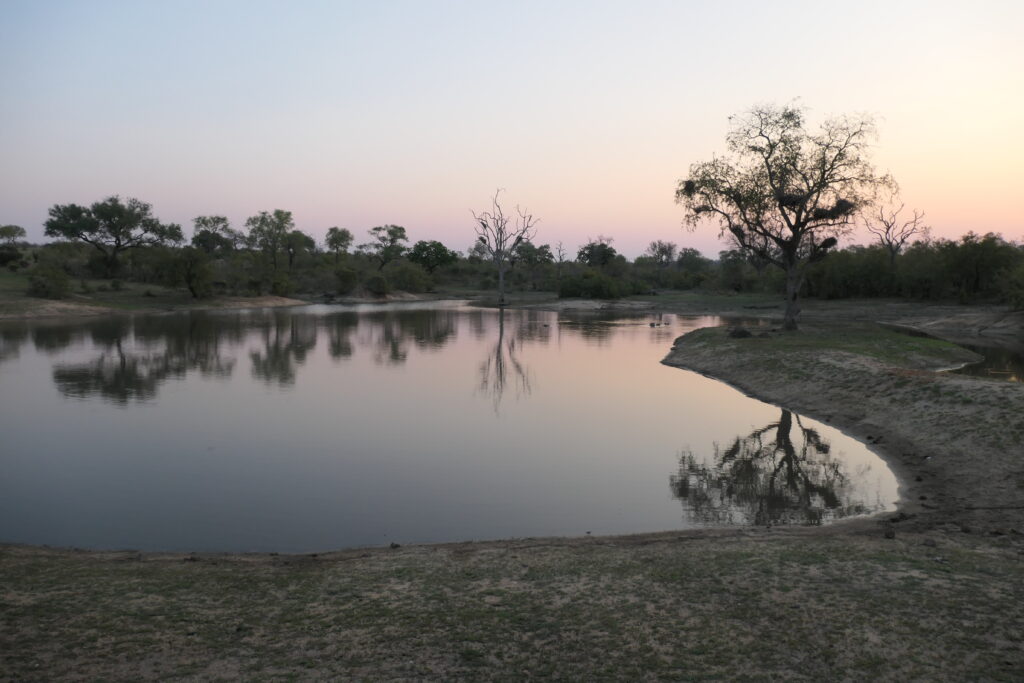
The Covenant of Water, Abraham Verghese (Kerala, southern coast of India, tucked away from much of the world, the British Empire, the wars, civilization, the story of family begins with a 12 year old girl (Big Ammachi) marrying an older widower with a young son and moves to Parimbil, her new husband’s family estate. The family has the Condition, where someone of each generation will drown or be wary of water, and perhaps be “eccentric”. Water permeates their lives, whether the huge rivers, monsoons, flooding, farming, disaster and rebirth, the fear of the Condition. It is “the covenant of water” that is the connection among the numerous characters. An unusual but fascinating story of India at the crux of change. Even more, the question of community: is it possible to be fragile and wounded, and still be necessary and loved? Brilliant, big, human.) Our Missing Hearts, Celeste Ng (The United States has enacted PACT (Patriot Americans for Culture and Tradition) to quell riots, unrest, hunger, unemployment (referred to as the Crisis) as reaction (perhaps manufactured) against the Chinese global expansion. A story of family, of taking children (a theme throughout history, e.g., Indigenous children, foster children), of indoctrination, of finding a victim instead of taking responsibility, this story resonates on many levels—and is disturbing at the speed in which civilization can devolve.) When We Were Sisters, Fatiman Asghar (Muslim sisters are orphans barely looked after by their uncle who takes their government checks, tucks them away in a small barely apartment, does not provide any adult guidance. “The shortened story of us, almost an afterthought; oh yeah, my two sisters. As though that’s all we are, as though we aren’t everything in each other’s entire worlds.” Unique writing style, with some chapters only a few lines or a poem or a fragment of a thought. A coming-of-age story, being Muslim girls in America, who we choose as family when our own is not available. Heart-felt.)
Pachinko, Min Jin Lee (A generational story of Koreans, the first of whom fled from Korea to Japan at the time of the Japanese occupation of Korea in the early 1900s. The story follows their struggles, building a life in a country where Koreans, whether foreign or native-born, are considered crude, poor, uneducated, truly second class citizens by the Japanese. Explores the nature of love, especially of mother for children.) Homecoming, Kate Morton (South Australia, suspicious death of mother and four children, toggles between events surrounding deaths (Christmas Eve 1959) and woman returning home (Jess, a journalist who grew up in Australia) in 2018 to care for her dying grandmother. She starts investigating the odd circumstances of the 1959 deaths. “Homecoming asks what we would do for those we love, how we protect the lies we tell, and what it means to come home.”) In the Time of our History, Susanne Pari (A young Iranian-American girl refuses to accept an arranged marriage, thus disobeying her strict, traditional Iranian father, protecting her obedient sister, but becoming disowned by her family. A story of mothers and daughters, secrets and lies, family obligations, reflecting ancient and modern Persian culture, politics, and mores.) Lost and Wanted, Nell Freudenberger (Set against a background of searching questions about multi-dimensional spacetime and the gravitational pull between black holes, this novel is a bittersweet love story — about a lost friend, a missed romance, an all-consuming career, and the life-changing tradeoffs we make, often without realizing their far-reaching consequences.)
This Is How It Always Is, Laurie Frankl (Family of five boys, youngest, Claude (whose mother really wanted a girl) wants to be a girl, starts wearing dresses, carrying a purse, is ridiculed and shamed. The family moves from their midwestern home to Seattle, hoping it is “more gay,” that Claude/Poppy’s secret, his/her gender dysphoria, can be hidden. And it is, until it isn’t. The fears of transgender, parenting in general and with the best of intentions, keeping secrets, the importance of fairy tales in talking about subjects without directly talking about them, siblings protecting one another, are woven deftly together to tell a heart-breaking and heart-warming tale of transformation and change.) Tom Lake, Ann Patchett (Centered around Thornton Wilder’s play “Our Town,” Tom Lake is novel about family, young love, parents and children—especially how children view their parents’ lives before they became parents. A quiet, gentle book, Patchett once again pulls the reader into the lives of the characters, allows us to think about our past, what we share, what we might keep private.)
In Memoriam, a Novel, Alice Winn (Exquisite debut novel, the novel’s title is taken from a poem by Alfred Lord Tennyson, “In Memoriam A.H.H.,” which was written after the death of a man he loved. The two key characters, Sidney Ellwood and Henry Gaunt, have brief affairs with many of their male classmates, but unbeknownst to one another, their love, for a long time unspoken and unrequited, is what leads them to join the military, to engage in dangerous warfare, to fight for friends and country, to find and lose and find one another. The depths of the agony and desperation in the descriptions of trench warfare are heart-breaking, classmates and friends killed daily, the slog of that war on the soldiers, their families, their friends, all are written with such care and emotion. Waterstone Prize for Debut Fiction.)
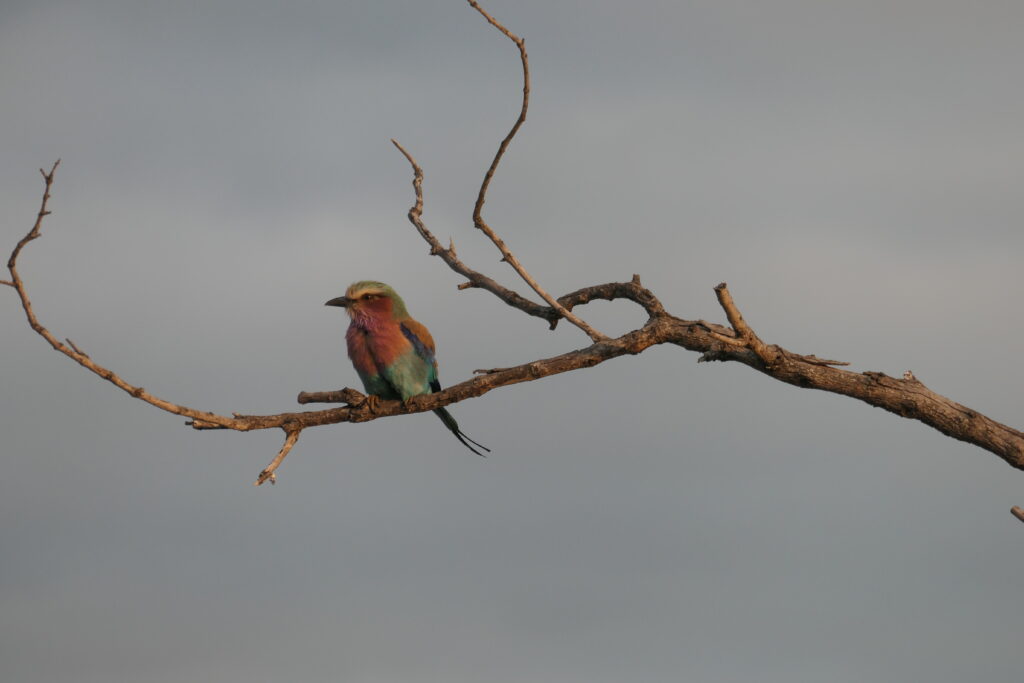
The Good Lord Bird, James McBride (Young Henry Shackleford, a slave, is taken by John Brown after his father is murdered in the anti-slavery/pro-slavery movement in Kentucky. An imaginative coming-of-age story of identify and survival in the turbulent, violent times before the Civil War.) The Heaven and Earth Grocery Store, James McBride (1930s, Chicken Hill above Pottstown where the Blacks, Jews, immigrants live, in shacks, hovels, little water or sewer services, a gathering place of those who have not yet moved to a better life. A story of families, of neighbors, the horrendous treatment of disabled people, ultimately of community, McBride brings alive the hardships and deprivations but also the hope of those who are not “white” in America. “Thank you, Monkey Pants.”)
The Unbearable Lightness of Being, Milan Kundera (Third time read: philosophical and psychological examination of life, being human, coincidences, moments never repeating, Kundera’s ideas of existentialism, told through two couples, Tomas and Tereza, Franz and Sabina (also the lover of Tomas), during time of Czech invasion by Russia in 1968. Examination of love, the context in which we understand life—and ourselves and others– given our unique historical, cultural and personal perspectives. Kundera believes that life is ultimately unbearably light because of our fleeting, unknowable existence—there is no weight to our lives, no deep substance.) The Vaster Wilds, a Novel, Lauren Goff (Exquisite prose, thought-provoking, a young girl escapes from 1600s fort where everyone is dying from starvation and the cruelty of men, who tries to survive on her own. What is the essence of life: survival with loneliness or harsh life with those whom you love? Beautiful narrative descriptions of the natural world and how humans try to bend it to their needs. Reflections upon humanity, the cruelty, the terrors, how we perceive life based upon our particular circumstances and environment.) Mating, Norman Rush (Set in the late 1990s in Botswana, the narrator is an unnamed woman working (or delaying) her anthropology dissertation. She is intelligent, self-sufficient, strong-willed, falls in love with an American trying to establish a self-sufficient “women’s village.” The novel has had re-emergence for studying the ability of true love to exist between intellectual equals, especially in a society dominated by males. Deep literary allusions, complex sentences, unusual prose, complicate the text, perhaps unduly. One review: “…quirkily acquisitive heroine compulsively collecting ‘new material to be integrated into the study of me.'”)
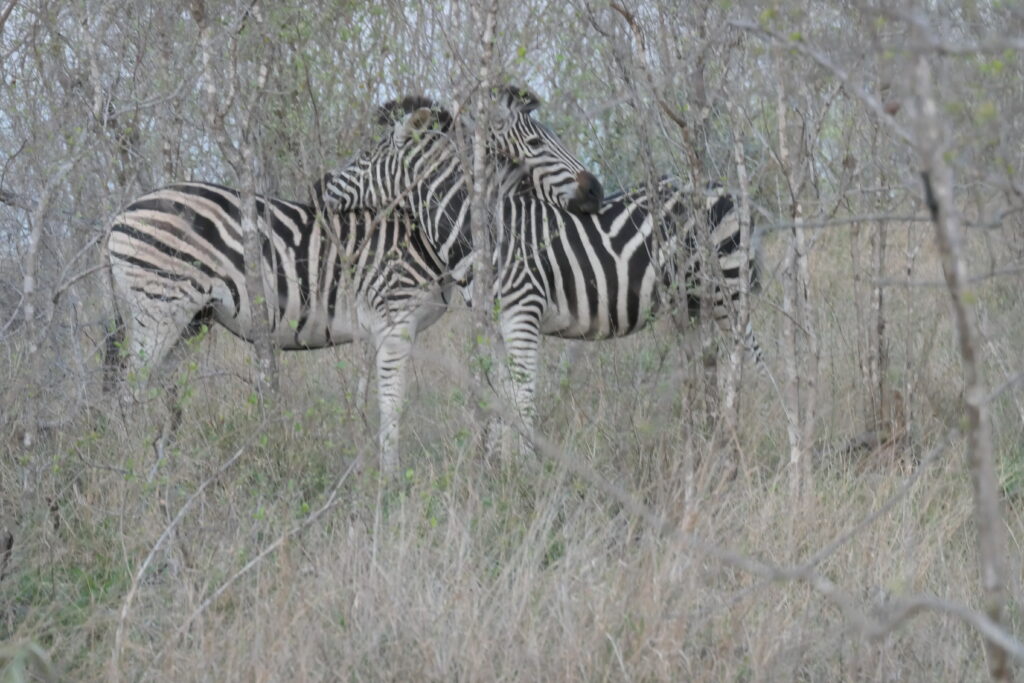
Bonjour Tristesse, Francoise Sagan (Young Cecile, and her father, Raymond, a widower, have spent the last two years getting reacquainted, going to parties, being frivolous, enduring Raymond’s myriad love affairs. But Cecile fears their carefree life will end when father decides to marry a sophisticated intellectual. In an attempt to disrupt wedding plans, Cecile creates a story that ends in tragedy, not realizing until it is too late the consequences of her immature, selfish actions.) Trust, Hernan Diaz (Trust is structured around a childless, affluent Manhattan couple in a quartet of narratives that open up like Matryoshka dolls: a novel, a partial memoir, a memoir of that memoir, and a journal. The stories fold in among themselves, raising questions about truth v. conjecture, who can one trust, what is important, how do we want to be remembered, whose truths?)
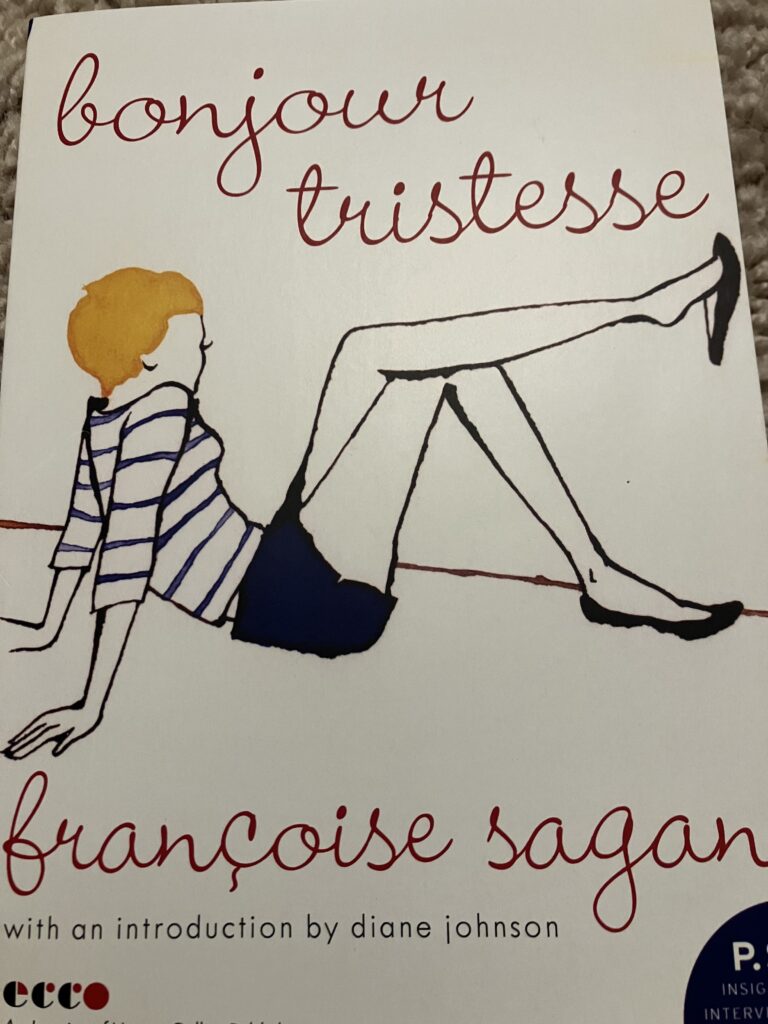
Look Homeward, Angel, Thomas Wolfe (second reading, the epic coming-of-age story of Eugene Gant, a brilliant and restless young man whose passion for a greater intellectual life shapes his adolescent years in rural North Carolina.) I am Homeless if This is Not my Home, a Novel, Lorrie Moore (A ghost story set in the nineteenth and twenty-first centuries; Daring, meditative exploration of love and death, passion and grief, and what it means to be haunted by the past, both by history and the human heart.)
SHORT STORIES:
Foster, Claire Keegan (A short story about a young girl from large, poor family who is sent to temporarily live with her aunt and uncle. An undercurrent between two families, one careful and the other overwhelmed, the delicate story catches the heart.) Signal Moon: a Short Story, Kate Quinn (Lily, a Wren, one of the British women who served during WWII, in 1943, intercepts a signal from Matt, on a Navy ship in 2023, eighty years apart. Part homage to the thousands of women and men who decoded German signals during WWII and part time travel/sci-fi, this novella raises questions about our ability to step outside our ordinary lives and embrace the unthinkable, speaking to people in the future without disrupting the course of history.). The House I Live In, Maggie O’Farrell (An unwed mother and her young son live on top floor of a house in London shared by multiple families. The mother works long hours and tries to keep the boy hidden (she is not supposed to have a child there). He wanders anyway, up and down the stairs, around the neighbors, to the back garden. To keep him in their room, the mother ties him to a chair. One day, she doesn’t return, the boy can’t get out for help, he dies and becomes a ghost. Sort of odd little story.) The Bookstore Sisters, Alice Hoffman (A little story about two sisters, estranged after their parents die. One wants to keep the family bookstore (losing money) and the other wants to leave home with all its sad and profound memories. The power of family, the ability to forgive, to take chances.) Tenth of December: Stories, George Saunders (A collection of short stories, not necessarily connected but each with twists and differing perspectives, perhaps synchronized by the humor, absurdity, sadness and sometimes tragedy of the human condition each displays. Author of “Lincoln at the Bardo,” Pulitzer Prize winner.)